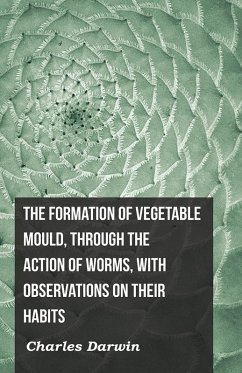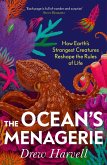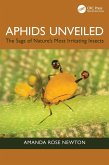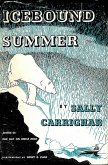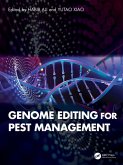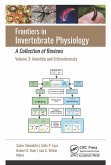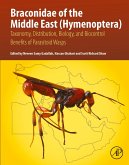Charles Darwin's final major work investigates the crucial role of earthworms in shaping soil, offering a remarkable insight into nature's slow but powerful processes.
A foundational text in biology and the natural sciences that draws on over forty years of research, Darwin explores how earthworms contribute to soil formation and ecological stability. Combining rigorous experimentation, this work remains a cornerstone in the study of natural history and environmental science.
Republished by Read & Co. Books, this edition brings an essential scientific classic to a new generation of readers. Ideal for students and scholars of biology, ecology, and natural history, it offers lasting value for anyone seeking a deeper understanding of nature's interconnected systems.
A foundational text in biology and the natural sciences that draws on over forty years of research, Darwin explores how earthworms contribute to soil formation and ecological stability. Combining rigorous experimentation, this work remains a cornerstone in the study of natural history and environmental science.
Republished by Read & Co. Books, this edition brings an essential scientific classic to a new generation of readers. Ideal for students and scholars of biology, ecology, and natural history, it offers lasting value for anyone seeking a deeper understanding of nature's interconnected systems.
Dieser Download kann aus rechtlichen Gründen nur mit Rechnungsadresse in A, D ausgeliefert werden.

